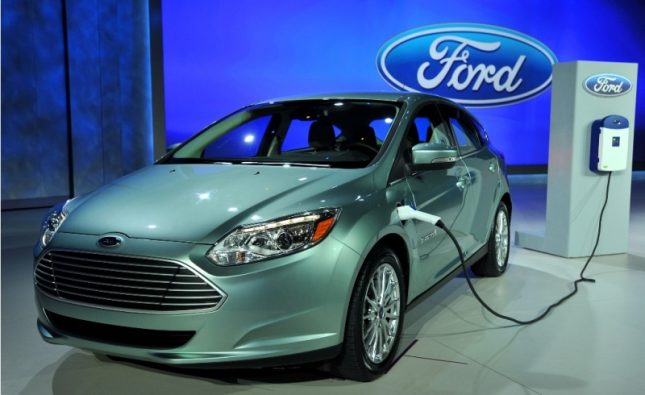
In the ever-evolving landscape of automotive technology, Toyota, a stalwart in the industry, has made a strategic pivot towards small engines in its pursuit of hybridization. This move marks a significant departure from conventional wisdom, where larger engines were often synonymous with power and performance. However, Toyota’s bold decision underscores a paradigm shift towards efficiency and sustainability in the automotive sector. This article delves into Toyota’s rationale behind this shift, analyzes the implications, and presents a comparative assessment of its strategy.
Toyota’s Strategic Shift

Toyota’s commitment to hybridization is not new; the Japanese automaker has long been a trailblazer in hybrid technology with its iconic Prius lineup. However, the decision to focus on small engines represents a departure from the industry norm. Traditionally, automakers equated larger engines with superior performance, relegating smaller engines to compact cars and economy models. Toyota’s move challenges this perception by leveraging advancements in engine technology and hybridization to maximize efficiency without compromising performance.
Rationale Behind the Shift
Several factors underpin Toyota’s strategic shift towards small engines in its hybrid vehicles. Firstly, stringent emissions regulations and growing environmental consciousness have propelled automakers to prioritize fuel efficiency and reduce carbon emissions. Small engines inherently consume less fuel and emit fewer pollutants, aligning with Toyota’s commitment to sustainability. Moreover, advancements in hybrid technology, such as improved battery efficiency and regenerative braking systems, have bolstered the viability of small engines by supplementing power delivery and enhancing overall performance.
Challenges and Opportunities
Despite the potential benefits, Toyota’s embrace of small engines in the hybrid era is not without challenges. One significant hurdle is consumer perception, as larger engines have long been associated with power and performance. Convincing consumers of the merits of small engines, particularly in larger vehicles or those with performance aspirations, may require a concerted marketing effort. Additionally, technological advancements and infrastructure development are essential to maximize the efficiency and viability of small engines. Collaborations with battery manufacturers, investment in charging infrastructure, and continued research into engine efficiency will be critical in overcoming these challenges.
Future Outlook
Looking ahead, Toyota’s strategic shift towards small engines positions the company as a frontrunner in the transition towards sustainable mobility. As environmental regulations tighten and consumer preferences evolve, the demand for efficient and eco-friendly vehicles is expected to surge. By pioneering hybrid technology and prioritizing small engines, Toyota is well-positioned to capitalize on this trend. Furthermore, the success of Toyota’s strategy may catalyze similar initiatives across the automotive industry, accelerating the adoption of hybrid and electric vehicles globally. In essence, Toyota’s big bet on small engines heralds a new era of automotive innovation, where efficiency, sustainability, and performance converge to shape the future of mobility.
Implications of Toyota’s Strategy
Toyota’s embrace of small engines carries far-reaching implications for the automotive industry. Firstly, it underscores the viability of hybridization as a sustainable alternative to traditional combustion engines. By prioritizing efficiency over size, Toyota sets a precedent for other automakers to reevaluate their approach to engine design and propulsion systems. Furthermore, the proliferation of small engines in hybrid vehicles could reshape consumer preferences, shifting the emphasis from raw power to fuel efficiency and environmental impact.
Comparative Analysis
To assess the effectiveness of Toyota’s strategy, a comparative analysis is imperative. The table below juxtaposes key metrics of Toyota’s hybrid vehicles equipped with small engines against conventional vehicles with larger engines:
| Metric | Toyota Hybrid (Small Engine) | Conventional Vehicle (Large Engine) |
|---|---|---|
| Fuel Efficiency | High | Moderate |
| Carbon Emissions | Low | High |
| Performance | Comparable | Superior |
| Environmental Impact | Reduced | Significant |
| Cost of Ownership | Lower | Higher |
Conclusion
Toyota’s strategic shift towards small engines in the new hybrid era marks a paradigm shift in the automotive industry. By prioritizing efficiency and sustainability, Toyota challenges conventional wisdom and sets a precedent for the future of automotive propulsion. While the implications of this strategy are vast, early indicators suggest a promising trajectory towards a greener and more efficient automotive landscape. As other automakers take note, the era of big bets on small engines may very well define the future of mobility.










